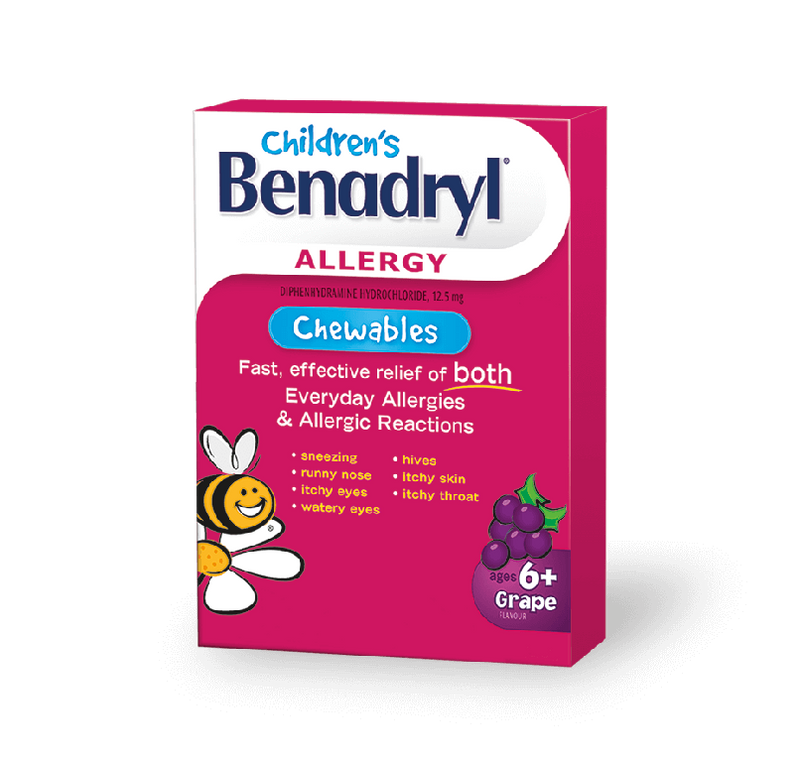
Soothe Itchy Skin Fast with Benadryl: Effective Relief
Understanding Itchy Skin: Causes and Symptoms
Itchy skin, medically known as pruritus, can be a frustrating and uncomfortable condition. It can result from various factors, including dry skin, allergic reactions, insect bites, or underlying skin conditions like eczema or psoriasis. Symptoms often include redness, swelling, irritation, and an irresistible urge to scratch. While scratching may provide temporary relief, it can worsen the condition and lead to further skin damage and infection.
The Role of Benadryl in Itch Relief
Benadryl, an over-the-counter antihistamine medication, is widely recognized for its effectiveness in alleviating itching and discomfort associated with various skin conditions. Its active ingredient, diphenhydramine, works by blocking the action of histamine, a chemical released by the body during allergic reactions that triggers itching, swelling, and other allergy symptoms. By inhibiting histamine, Benadryl helps to reduce itchiness and provide rapid relief to irritated skin.
Fast-Acting Relief: How Benadryl Works
When applied or ingested, Benadryl quickly begins to counteract the histamine response in the body, providing fast relief from itching and discomfort. It is available in various forms, including oral tablets, liquid suspensions, topical creams, and gels, allowing users to choose the most suitable option based on their preference and the severity of their symptoms. Benadryl’s rapid action makes it a popular choice for addressing sudden bouts of itching caused by allergies, insect bites, or skin irritants.
Choosing the Right Benadryl Product
With a range of Benadryl products available on the market, selecting the appropriate one for your specific needs is essential. Oral tablets or liquid suspensions are ideal for systemic relief from generalized itching or allergic reactions affecting the entire body. On the other hand, topical creams and gels are more targeted options for addressing localized itching and skin irritation. When choosing a topical Benadryl product, consider factors such as the area of application, skin sensitivity, and desired formulation (e.g., cream, gel, spray).
Tips for Using Benadryl Safely and Effectively
While Benadryl can provide significant relief from itching, it is essential to use it safely and according to the manufacturer’s instructions. Follow these tips to maximize the effectiveness of Benadryl and minimize the risk of adverse reactions:
- Read the Label: Carefully read the product label and packaging instructions before using Benadryl. Pay attention to dosage recommendations, application guidelines, and any warnings or precautions provided.
- Follow Dosage Instructions: Adhere to the recommended dosage and administration instructions specified for the particular Benadryl product you are using. Avoid exceeding the recommended dose unless directed by a healthcare professional.
- Avoid Prolonged Use: Limit the duration of Benadryl use to the period necessary for symptom relief. Prolonged or excessive use of antihistamines can lead to tolerance, dependence, or undesirable side effects.
- Consult a Healthcare Professional: If you have any underlying health conditions, are taking other medications, or have concerns about using Benadryl, consult a healthcare professional before use. They can provide personalized advice and recommendations based on your individual health status and medical history.
- Monitor for Side Effects: While Benadryl is generally well-tolerated, some individuals may experience side effects such as drowsiness, dizziness, dry mouth, or constipation. If you experience any adverse reactions while using Benadryl, discontinue use and seek medical attention if necessary.
In Conclusion
Benadryl offers fast and effective relief from itching and discomfort associated with various skin conditions, allergies, and insect bites. By understanding how Benadryl works, choosing the right product, and using it safely and effectively, individuals can experience relief from itching and enjoy greater comfort and well-being. If you experience persistent or severe itching despite using Benadryl, consult a healthcare professional for further evaluation and management. Read more about benadryl for itchy skin
